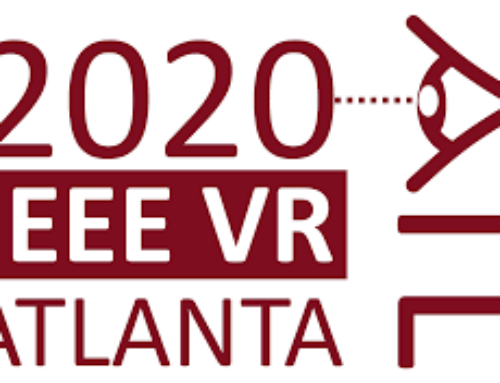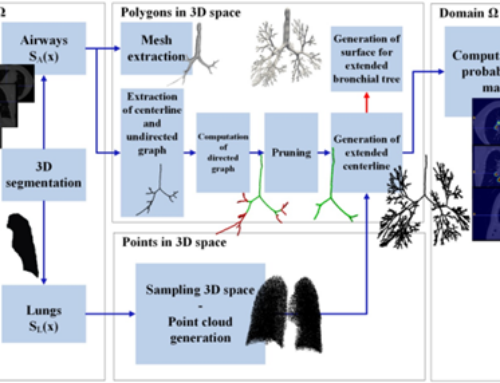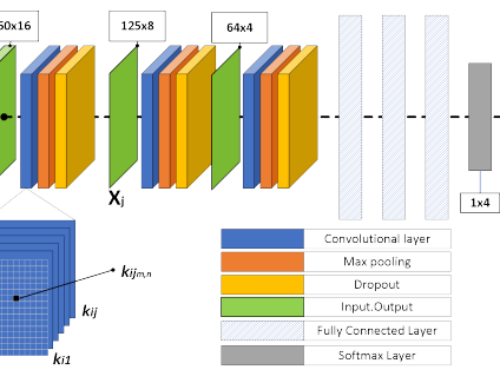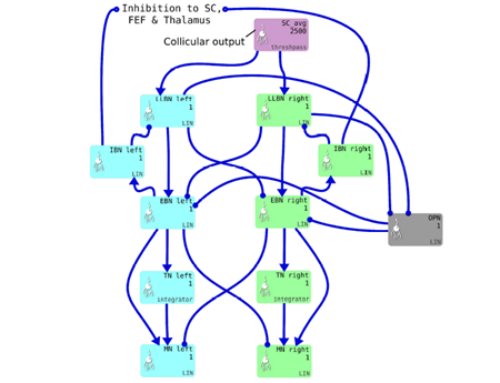The objective of the proposed approach is to develop a clinical decision support system (DSS) that will help clinicians optimally plan the ACL reconstruction procedure in a patient specific manner. A full body model is developed in this study with 23 degrees of freedom and 93 muscles. The knee ligaments are modeled as non-linear spring-damper systems and a tibiofemoral contact model was utilized. The parameters of the ligaments were calibrated based on an optimization criterion. Forward dynamics were utilized during simulation for predicting the model’s response to a given set of external forces, posture configuration and physiological parameters. The proposed model is quantified using MRI scans and measurements of the well-known Lachman test, on several patients with a torn ACL. The clinical potential of the proposed framework is demonstrated in the context of flexion-extension, gait and jump actions. The clinician is able to modify and fine tune several parameters such as the number of bundles, insertion position on the tibia or femur and the resting length that correspond to the choices of the surgical procedure and study their effect on the biomechanical behavior of the knee.
D. Stanev, K. Moustakas, J. Gliatis, C. Koutsojannis, ACL Reconstruction Decision Support Through Personalized Simulation of the Lachman Test and Custom Activities, Methods of Information in Medicine, vol. 55 no. 1, pp. 98-105, January 2016, DOI: 10.3414/ME14-02-0022




